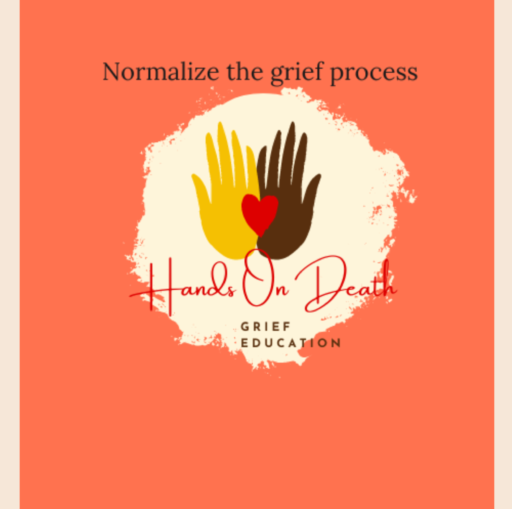Hello all!
I hope all of you are doing well and living life to the fullest. I want to extend to some areas in my life that was impacted by the loss of my loved ones.
Grief extends beyond emotions alone. In truth, grief encompasses a complex interplay of thoughts, feelings, and experiences that profoundly impact various domains of our lives. It affects us emotionally, cognitively, behaviorally, spiritually, physically, and even on an existential level. By reflecting on each of these life zones we can gain a deeper understanding of how grief may be influencing different areas of our lives.
Here are five ways grief can impact other life zones:
1. Emotional Impact: Loss can deeply affect our emotional well-being, causing feelings of sadness, anger, resentment and guilt just to name a few. Grief can send your emotions into a downward spiral. Emotional cycles can last for months at a time. Just know, this is normal.
2. Relationships: Loss can strain relationships in various ways. The dynamics between family members, friends, or spouses, partners, or companions can be significantly altered. Some relationships may strengthen as people come together for support, while others may suffer from misunderstandings or conflicts arising from grief. Again, this is normal. One way to navigate through this is to communicate your feelings!
3. Identity and Personal Growth: Loss can shake our sense of identity and self-concept. It may lead us to question our beliefs, values, and life purpose. When we experience a big loss, like someone we love passing away or something important in our lives changing, it can make us feel confused about who we are. We start asking ourselves questions like: What do I believe in? What matters to me? Who am I now? It’s normal to feel this way when we go through something difficult.
But even though loss can be hard, it can also help us grow and discover new things about ourselves.
4. Physical Health: Loss can have physical implications on our health as well. The stress and emotional toll of grief can manifest in physical symptoms such as fatigue, changes in appetite, sleep disturbances, and weakened immune system. Keep this in mind, eat often even if it’s small bites of food such as granola bars, grapes, or apples and stay hydrated.
5. Life Transitions and Adaptation: Loss often accompanies significant life transitions. For example, the loss of a job may require a career transition, or the loss of a loved one may necessitate adapting to a new family structure. This may seem difficult in the beginning but it is necessary. Do it afraid. Do it scared. But you do not have to do it alone. Reach out to a trusted family member or friend. Even a grief coach or counselor.
In conclusion, loss has far-reaching effects that extend beyond mere feelings. Grief encompasses a wide range of thoughts, emotions, and experiences that touch upon various domains of our lives. By exploring these different domains—emotional impact, relationships, identity and personal growth, physical health, and life transitions and adaption—we can gain insight into the profound impact of loss on our overall well-being. Acknowledging and reflecting upon each life zone allows us to recognize how grief manifests in different aspects of our lives, providing an opportunity for healing, growth, and resilience. Whether it’s nurturing our emotional well-being, navigating relationships, reaffirming our identity, caring for our physical health, or adapting to life transitions, understanding the layered nature of grief equips us with valuable tools to cope and rebuild. May this exploration serve as a guide and reminder that healing and restoration are possible across all domains of life, even in the face of profound loss.
Until next time, take care of yourself.
Respectfully,
The Grief Educator
Graced To Help
